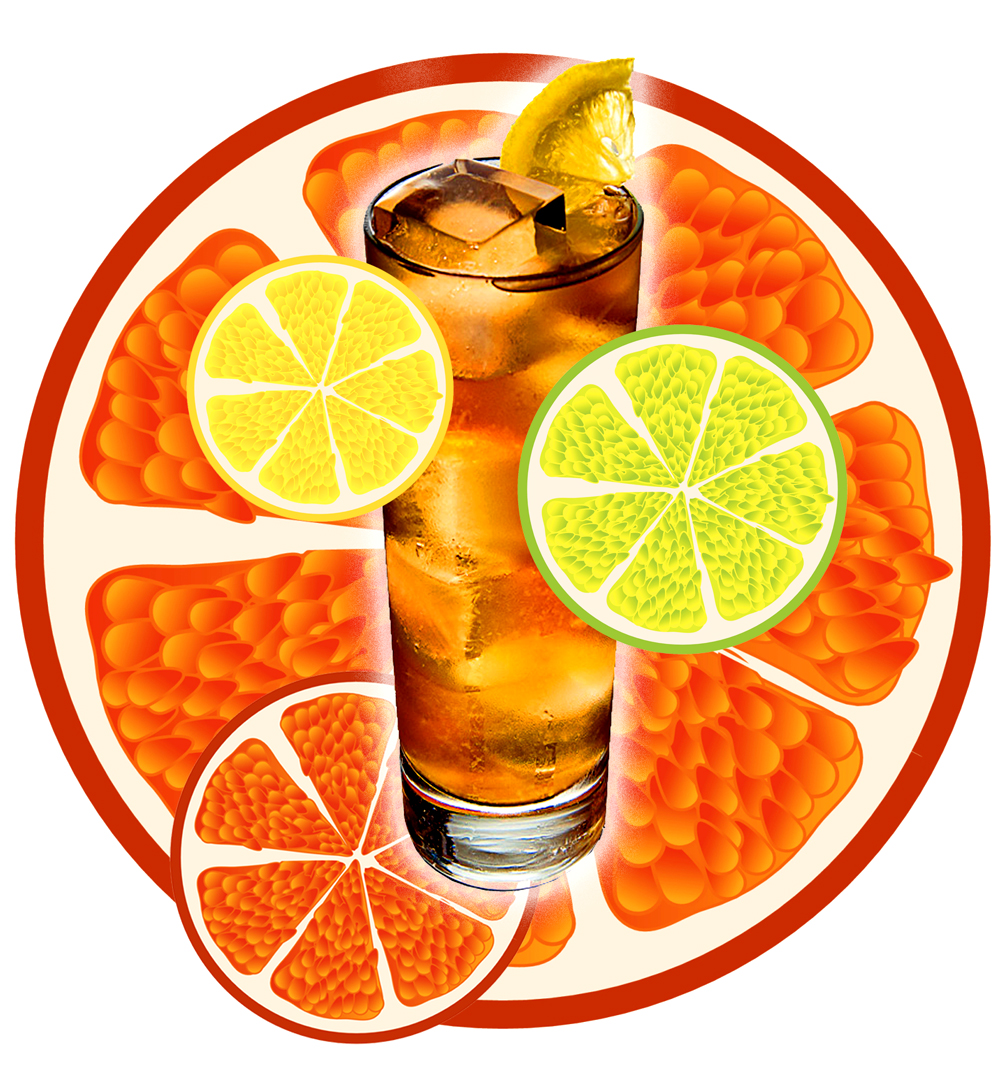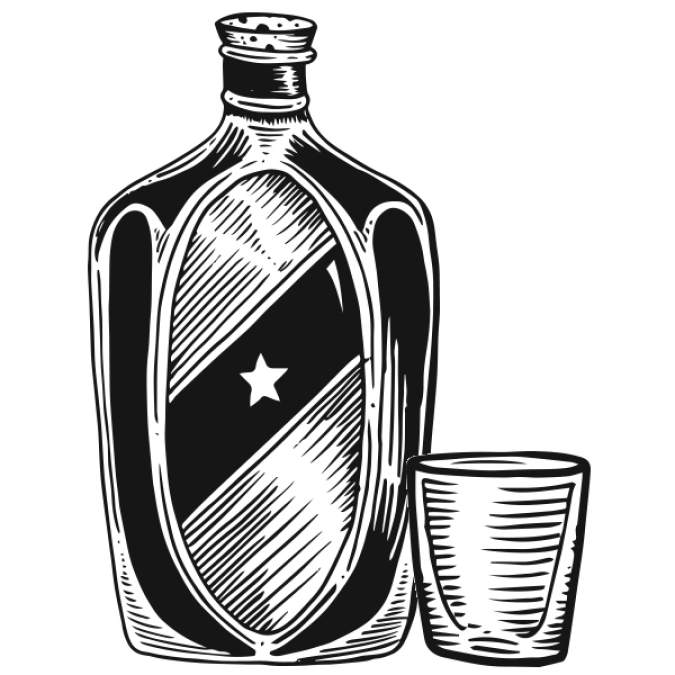One night, sitting at a bar with some colleagues, we got to talking about all the different “jobs” bartenders have to do. Besides the mechanics of actually making cocktails and serving guests, at any moment you may be called upon to act as travel guide, confidant, arbiter, psychotherapist, or encyclopedia. Still, the most challenging role is aptly summarized by a friend of mine: “We’re expected to be psychics and magicians. People think we can instantly figure out exactly what they want to be drinking, and then conjure up a totally unique and utterly delicious drink on the fly. News flash: We can’t.”
While generally the rise of the craft-cocktail scene has only been good for bartenders, it’s changed the dynamic between us and guests. Where once the primary expectation was to make cocktails quickly and efficiently, now we’re expected to be able to innovate anytime we step behind the bar. Ask most bartenders: The phrase that most causes us to lose sleep is usually “Make me something.” Well, that or “double Long Island Iced Tea.”
The not-so-guilty secret of almost all bartenders is that when you ask us to make something up, we’re mostly just going to look for a way to tweak an existing drink. Maybe we’ll swap out the Campari in a Negroni for a similar spirit, or make an Old Fashioned with tequila and a different kind of bitters. Throwing totally random ingredients together may sound like a lot of fun, but it’s also a good way to have a lot of cocktails sent back.
If you want a custom-made drink that actually tastes good, come a little prepared (i.e., have some sense of your tastes). What flavors do you like? What mood are you in? Do you want a strong, spirit-forward cocktail or a lighter, easy-drinking one? Taking a few seconds to consider those questions will make it likelier that you’ll get a drink you enjoy. After all, you’re the one who’ll be drinking it.
That’s why I generally don’t see the point in a guest asking “What do you drink?” I’ll happily talk about my favorite cocktails, but I tend to like spirit-forward gin, brandy, or whiskey drinks, often with a strong bitter or medicinal aspect. Since that’s not the flavor profile that many people are looking for, I’d rather ask you “What do you like?”
So where do I start? Usually with someone’s preferred spirit. If they say they like vodka, that’ll take me in one direction (usually to the fruitier, sweeter side); if they say they like gin or whiskey, that’s a whole different track. From there, another question or two and I’ve got a basic sense of what kinds of drinks might fit. Another way I try to narrow it down is to ask which of the cocktails on our menu appeal to them, so I can make something similar.
For example, let’s say I determine that they want a gin cocktail that’s citrusy and not sweet. That gets me in the ballpark, and then I just have to decide what kind of citrus (lemon, lime, grapefruit) and what else I might add. If they want a lighter drink, I’ll play around with the French 75, as the sparkling wine keeps it from being too strong. If they want a more spirit-heavy drink, I’ll consider mixing grapefruit and Aperol (an excellent pairing), with maybe one other little add-on.
We bartenders? We want to make you a drink you’ll love. We want you to be happy, and be willing to experiment. We’re glad to provide the mental legwork and the know-how, but your drinks will taste much better if you’re able to talk about what you like and want. There are thousands of potential cocktails, and with your cooperation we’ll find one you’ll rave about. Unless, of course, it’s a double Long Island Iced Tea.
thebarcode@seattleweekly.com







